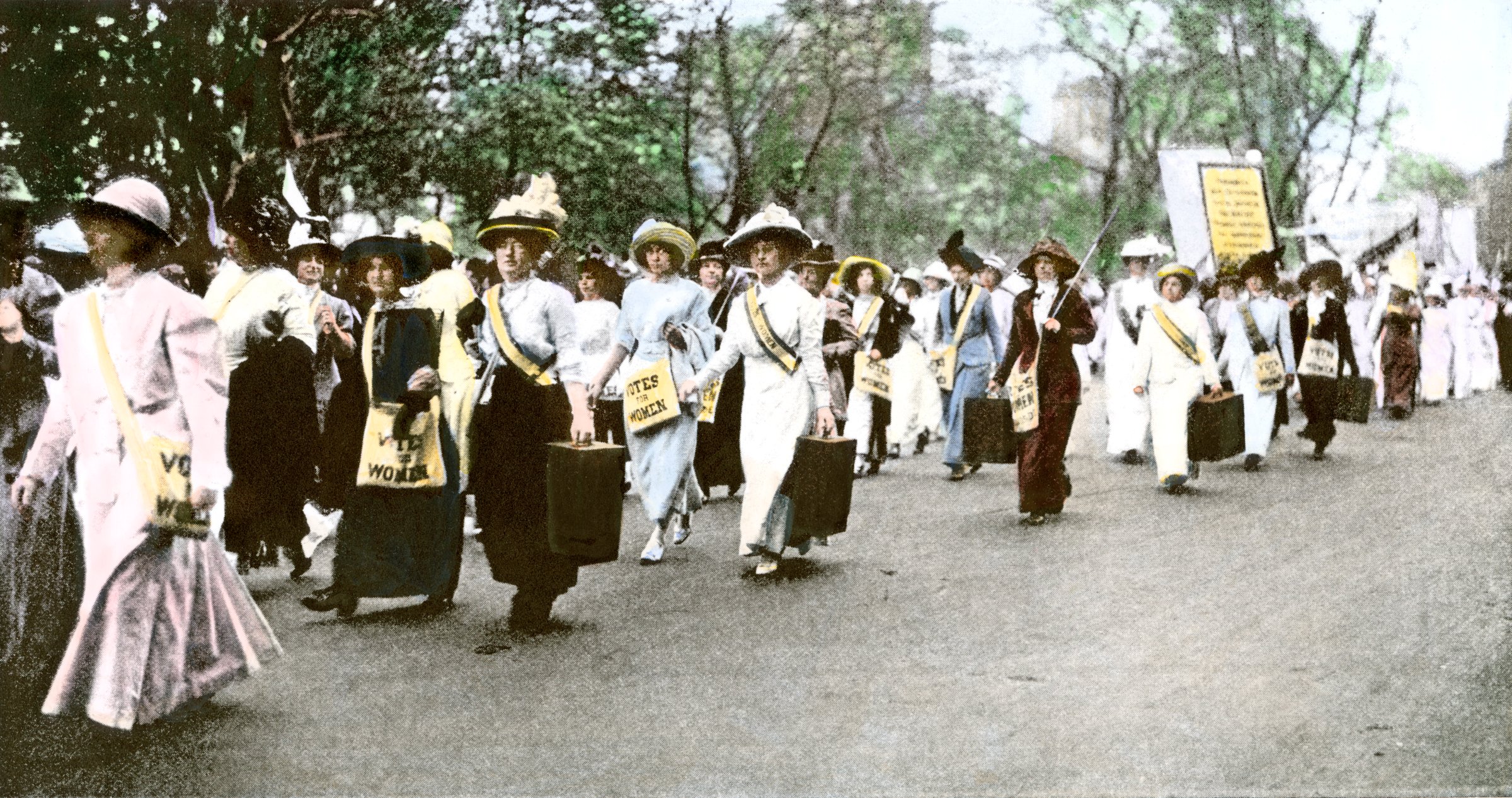
Marriage is increasingly a privilege—and an economic benefit—of the elite, a trend that must be reversed if lower and middle class women want to achieve income equality and success, according to a panel of conservative women at the Heritage Foundation on Monday.
“It’s not cave woman thinking: women know because of the nature of their bodies, because they carry and raise children, that they need support and protection during that time. The happiest women find that protection,” Mona Charen, a syndicated columnist, told an audience at Heritage’s Washington offices at an event marking the end of Women’s History Month. “Millions of women have taken feminist advice and it’s led to unparalleled misery.”
Over the past 40 years, women have become increasingly unhappy, the panelists said, citing data from the General Social Survey. A quarter of women are now taking anti-depressants compared to 15% of men, the survey found, and most women with a high school degree or less will have a first child before they’re married. Married women are also richer, according to Mollie Hemingway, a senior editor at conservative web magazine The Federalist. Women who never married or are divorced are 73% less well off than their married counterparts, on average, she said. “Everybody go out right now, if you’re not married, go get married and that will solve all these problems,” she said. “If you care about income inequality at all, you basically have to care about marriage.”
The panel comes as Democrats base their 2014 campaign on issues like income inequality, flexible jobs and minimum wage—which disproportionately affects women, who make up two-thirds of those on minimum wage. Polls show that if Democrats can turn out single women in the same numbers as in 2012, where they voted for President Obama over Mitt Romney by 36 points, they could win back the House and hold the Senate. But single women are notorious drop-off voters in non-presidential elections, hence the push.
Republicans have begun their own push to appeal to women and the panel was asked how to do so without “revoltingly pandering” to women. “The left has done a marvelous job in preventing the government as a kind boyfriend,” Hemingway responded. “Marriage has enabled elites to have a lot of money and stability. We should show concern in extending marriage to everybody so that everybody can benefit.”
Added Charen: “It’s true that a social safety net can prevent you from falling to the ground but it cannot lift you up, it cannot give you a good life.”
The panel noted that too much special emphasis was being placed on women and girls when in reality men and boys were the ones in need. “Women and girls are not failing to thrive. We have a problem with men and boys. Men’s participation rates in the workforce are declining alarmingly, as are their wages,” Charen said. “And they’re seeing declining percentages of supervisory and administrative posts.”
Noting that only 20% of women considered themselves feminists in a Huffington Post poll last year, Karin Agness, president of the Network of Enlightened Women, said the movement had clearly failed because it was too combative. “The Left is quick to offer proposals and policy solutions that get in between employer/employee relationships,” she said. “We should think more about what women really want not just trying to achieve parity in numbers.” Democrats, she said, shouldn’t be pushing women to work full time when the General Social Survey says only 32% of women with children want fulltime employment, versus more than 70% of men in the same position.
This is also why fewer women, particularly Republican women, get elected to office, said Charen. “Women candidates don’t have any more difficult a time as men in getting votes, in fact it’s sometimes easier for them to attract votes,” Charen said. “They don’t seek office as much as men and that speaks to how they want to spend their lives—with their children and families.” Only 4.6% of House Republicans are women versus more than 30% of House Democrats, and there are only four GOP female senators compared to 16 Democratic female senators.
More Must-Reads From TIME
- The 100 Most Influential People of 2024
- Coco Gauff Is Playing for Herself Now
- Scenes From Pro-Palestinian Encampments Across U.S. Universities
- 6 Compliments That Land Every Time
- If You're Dating Right Now , You're Brave: Column
- The AI That Could Heal a Divided Internet
- Fallout Is a Brilliant Model for the Future of Video Game Adaptations
- Want Weekly Recs on What to Watch, Read, and More? Sign Up for Worth Your Time
Contact us at letters@time.com